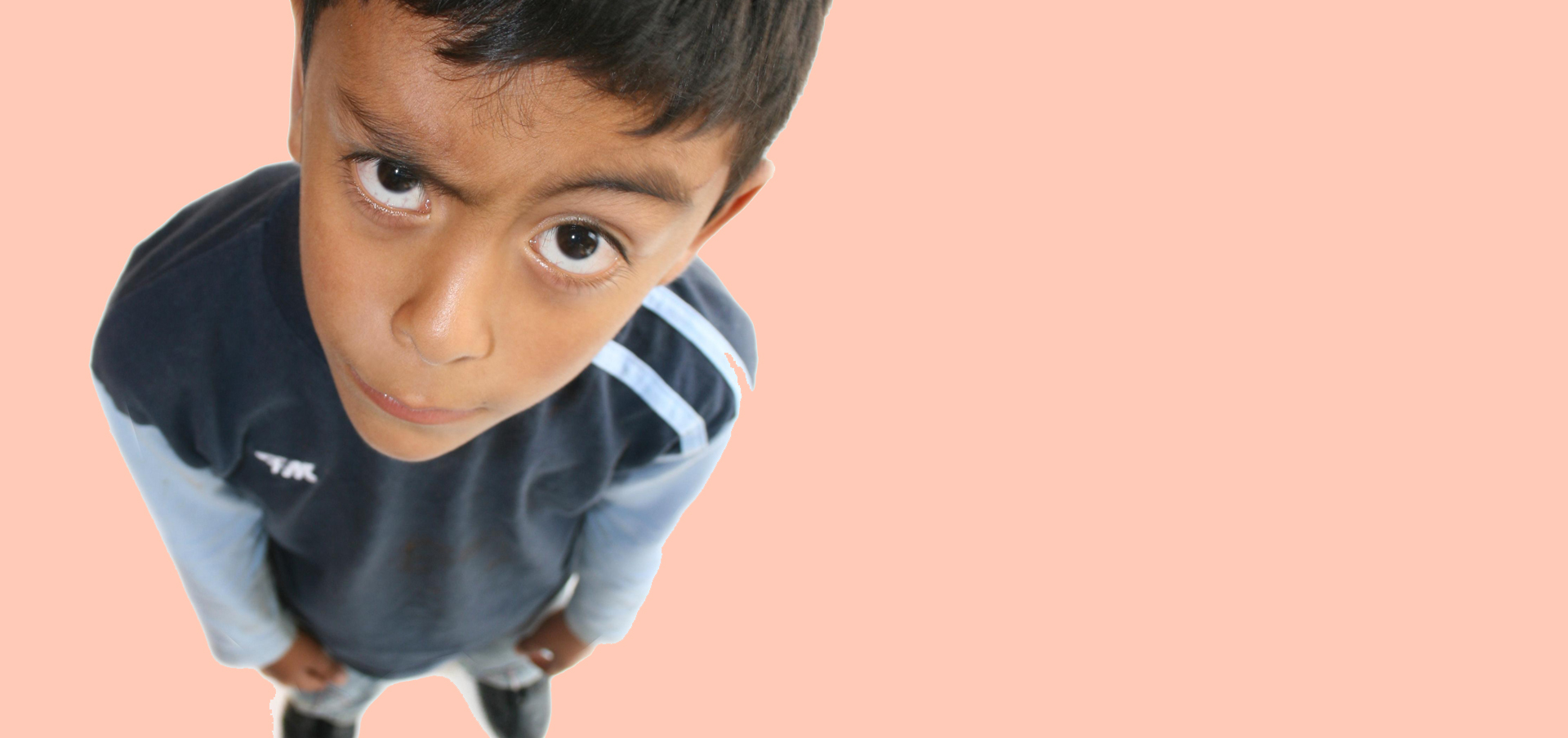At Goodwin University, we often say that the more we learn about childhood development, the more we realize the importance of childhood education and the better prepared we are for a career in the field.
For young children, early education is critical for development as well as their pathway to success. For aspiring teachers and professionals, higher education is essential to advancing your career with children.
In our last blog post, we discussed the many career options one can achieve with an associate degree in Early Childhood Education. In less than two years of schooling, our ECE graduates can attain teaching positions in a variety of pre-K institutions. For many students, however, this is just their beginning. There is so much to know about childhood development; so much to know about the way children think and learn. For this reason, many of the early childhood education students at Goodwin go on to pursue a bachelor’s degree in Child Study.
Whether you are a prospective education student, currently enrolled in an associate program, or hoping to further your current career in a childcare center or school, you have come to the right place. Earning a bachelor’s in Child Studies can give you the leadership skills and teaching experience you need to achieve and advance beyond your professional goals.
By now, you may be asking, “What is Child Study, exactly?” or “What is the difference between a Child Study and an Early Childhood Education degree?” Let’s start with the first question. Child studies is the study of the educational and developmental needs of young children in early learning and childcare settings.
An associate degree in Early Childhood Education offers students the ability to work with children and their families in a variety of settings. It prepares them to nurture children’s social, physical, emotional, and cognitive skills. A bachelor’s degree in Child Study, on the other hand, provides students with the strongest foundation for advanced study in child education, social work, and public policy. It prepares students for a variety of executive careers in childhood development. Below are a just a handful of advanced early childhood education careers you can attain with a Bachelor of Science degree:
- Curriculum Coordinator
Also known as instructional coordinators, curriculum coordinators can be thought of as the main drivers of childhood education. These professionals are primarily responsible for developing instructional material for teachers, coordinating its implementation across an institution, and assessing its effectiveness among children. They can work in a variety of institutions: private schools, public schools, government programs, non-profit organizations, community centers, and early education programs.
- Child Care Licensing Specialist
A Child Care Licensing Specialist works directly with the CCL, or Child Care Licensing Division, to ensure that the surrounding daycare and childcare centers are safe. These professionals carefully evaluate the facilities to ensure that the children are well-cared for, regulated, and meet or exceed the standards for childcare. They investigate any relevant complaints, allegations, or violations. They also inspect the grounds of these facilities to make sure they meet state regulations. But this inspection is only one part of a CCL specialist’s job. Child Care Licensing Specialists also spend time educating parents on how to choose child care as well as providing procedural assistance to childcare providers.
- Child Life Specialist
Child life specialists have a very special place in the medical field and in the hearts of the families they encounter. If you want to work directly with children and desire a career in healthcare, then this may be a job for you. Child life specialists are the emotional backbone for families and children facing a scary or challenging medical event. They are often found in the pediatric departments of hospitals preparing children for surgery or big procedures. They can also be found in adult care units, explaining medical jargon to children or helping them cope with parents who are in critical care. Family coping strategies are at the core of a child life specialist’s work. For this reason, a background in child development, psychology, and counseling is crucial for the job.
- DCF Social Worker
The Department of Children and Families, or the DCF, is constantly in need of skilled social workers who can provide casework services for children and youth in need. If you choose to work with the DCF, all of your efforts will be geared to enhancing the child welfare system. Your mission will be to ensure the safest, most nurturing home environment for children throughout your state. You will do this by counseling families, children and youth, investigating their homes to ensure stability, and making recommendations for those families accordingly. Sometimes, you may report child abuse or neglect. Sometimes, you may find a loving, devoted adoptive or foster family for a needing child. Other times, you will work with your team to develop resources and treatment plans for children who need that extra support. Your day to day as a DCF social worker will vary and will be challenging at times, but there is no doubt this is one of the most rewarding careers you can obtain with a bachelor’s Child Study degree.
If you aspire to help children, teach children, and be an influence in young lives, then why wait? See our video for three reasons to pursue a career in child study. If you are interested in knowing about your career possibilities with an Associate degree, read Part I, “What Can You Do with an Associate Degree in Early Childhood Education?”
To learn about Goodwin University’s childhood education degrees in CT, call us at 800-889-3282.
Goodwin University is a nonprofit institution of higher education and is accredited by the New England Commission of Higher Education (NECHE), formerly known as the New England Association of Schools and Colleges (NEASC). Goodwin University was founded in 1999, with the goal of serving a diverse student population with career-focused degree programs that lead to strong employment outcomes.

